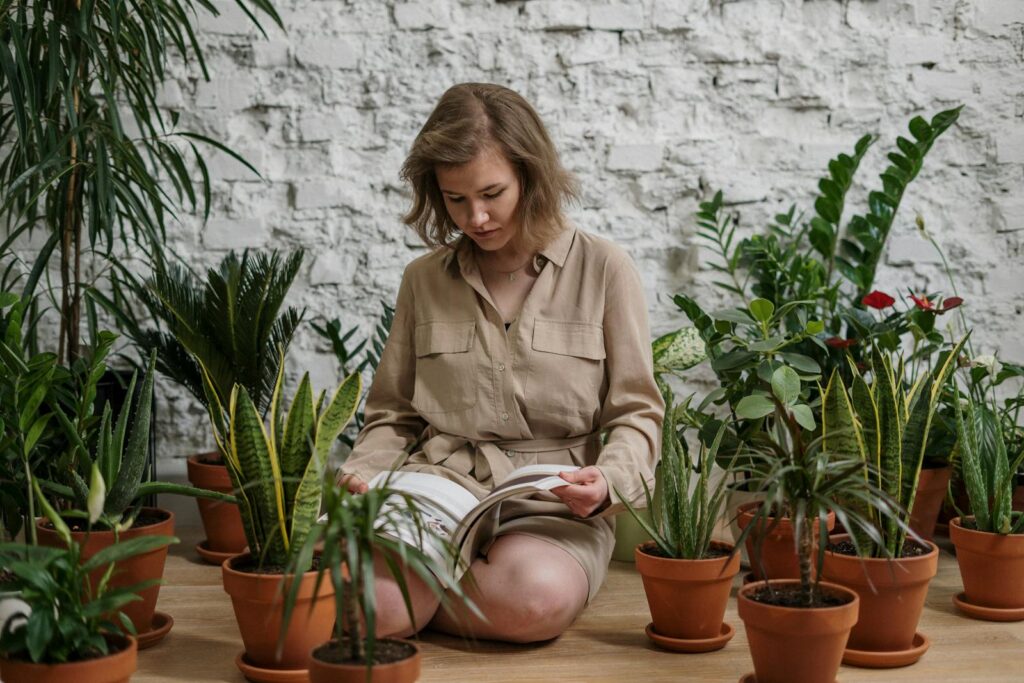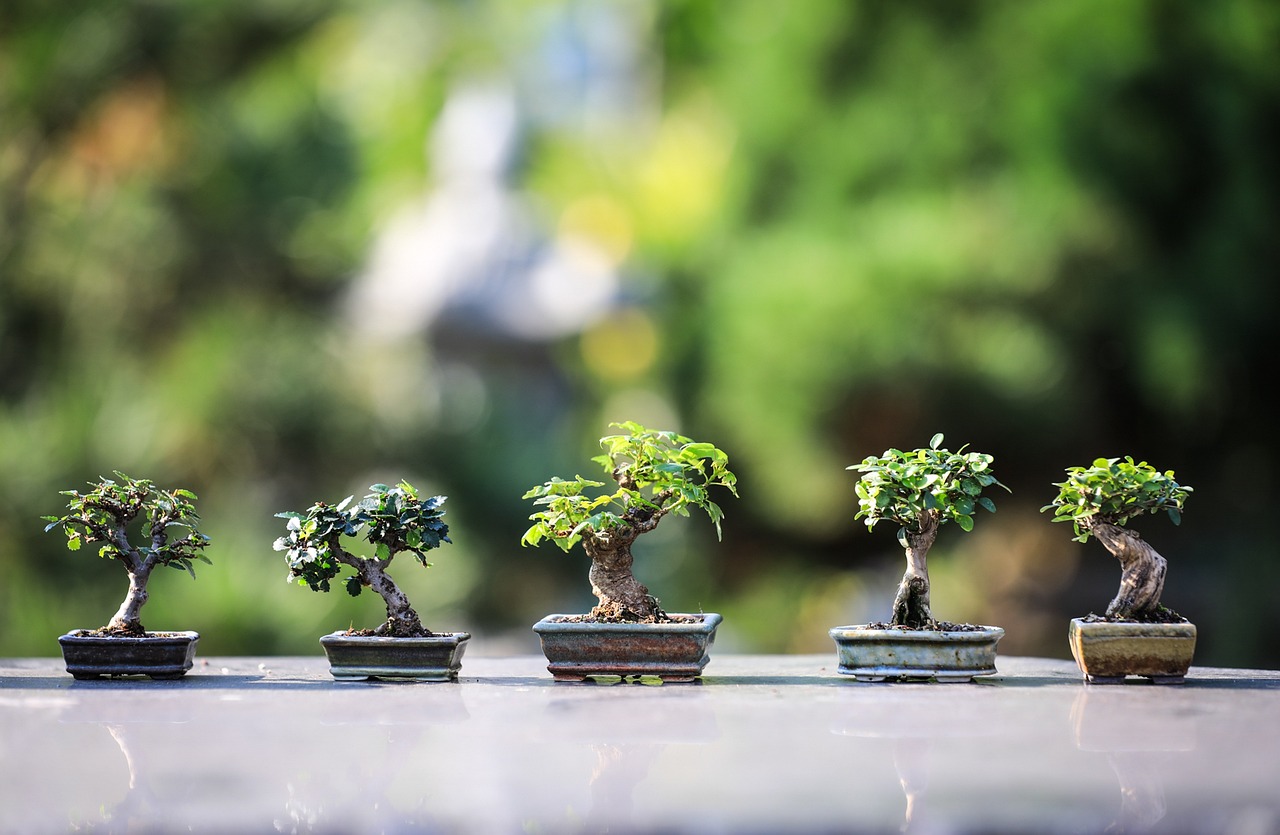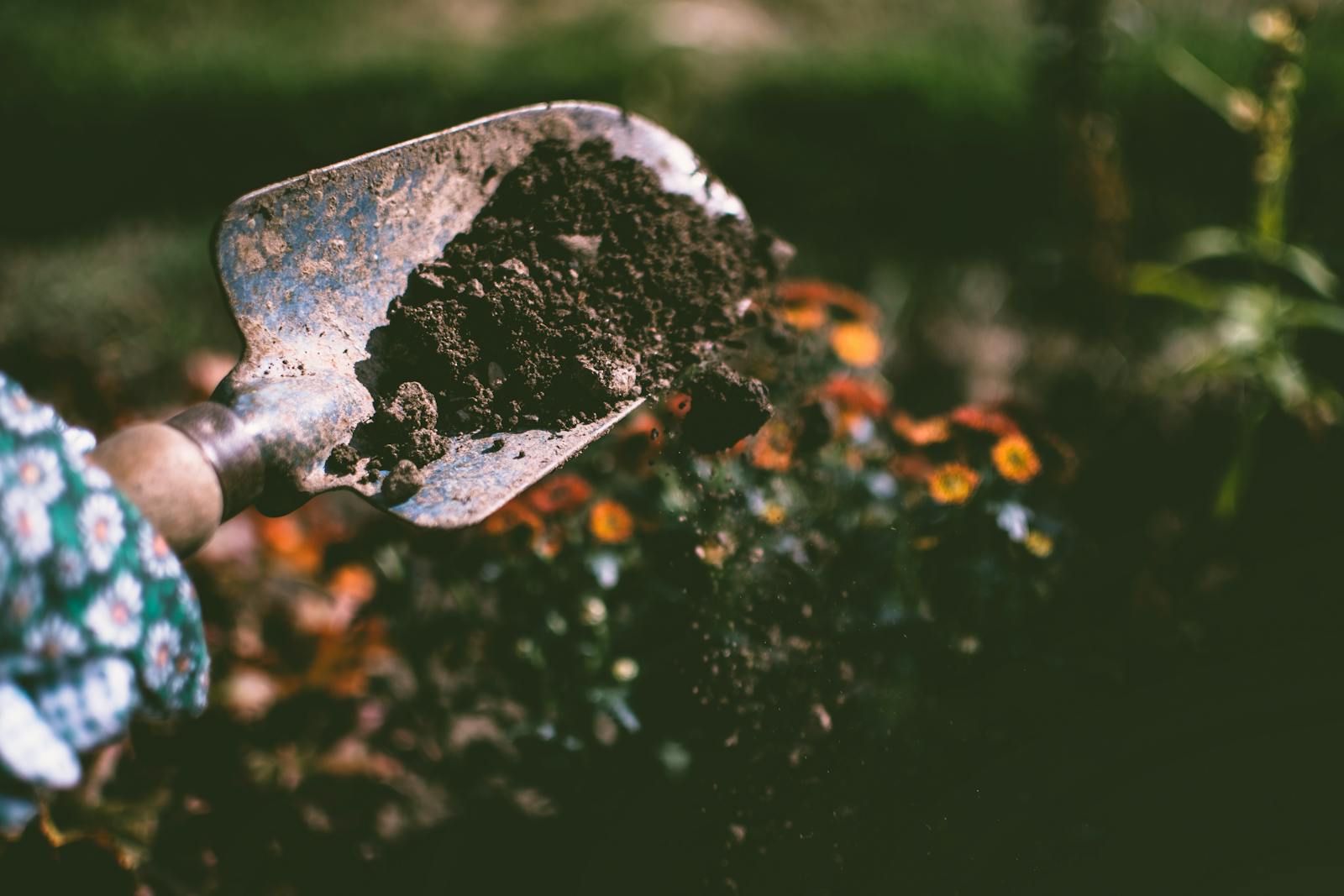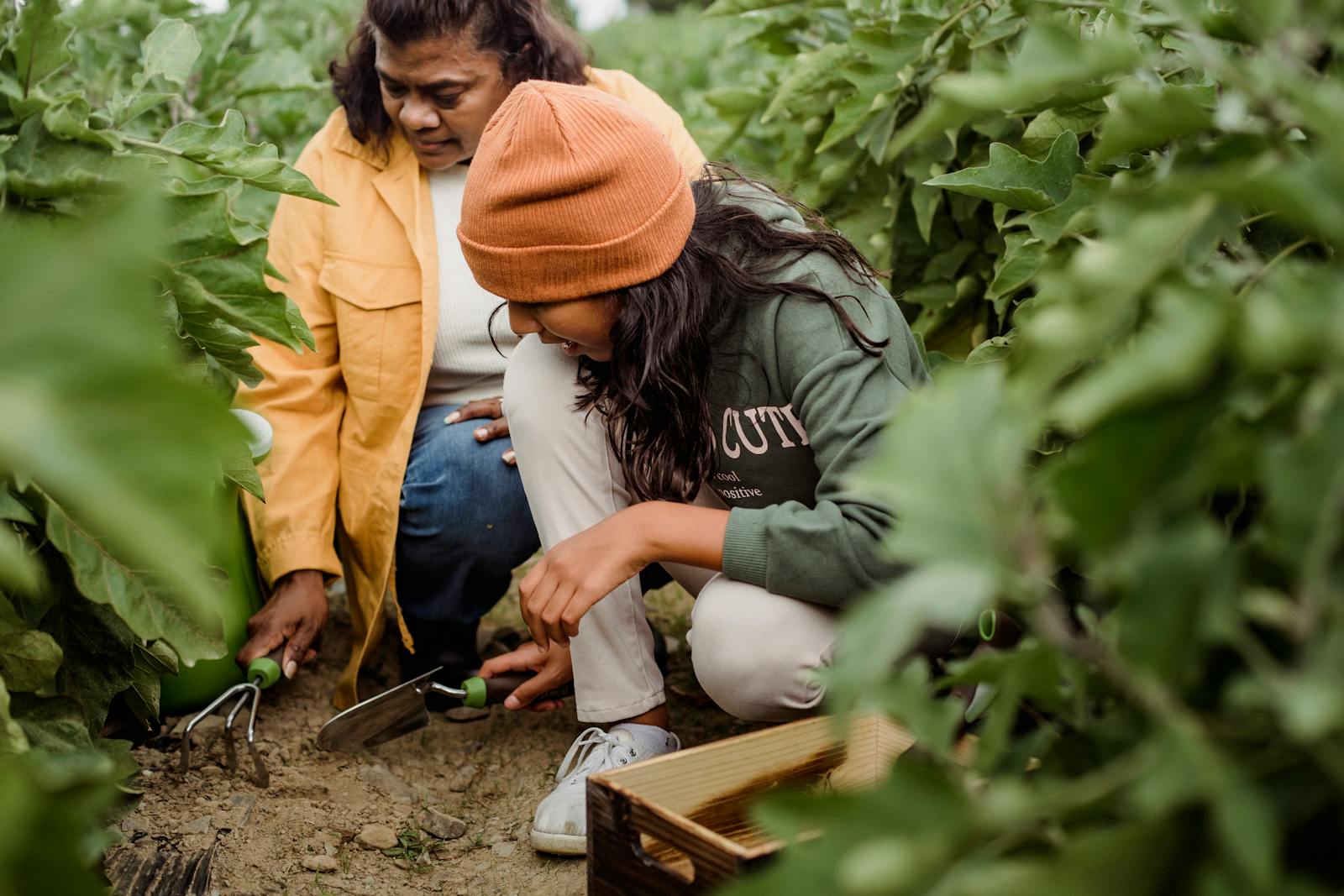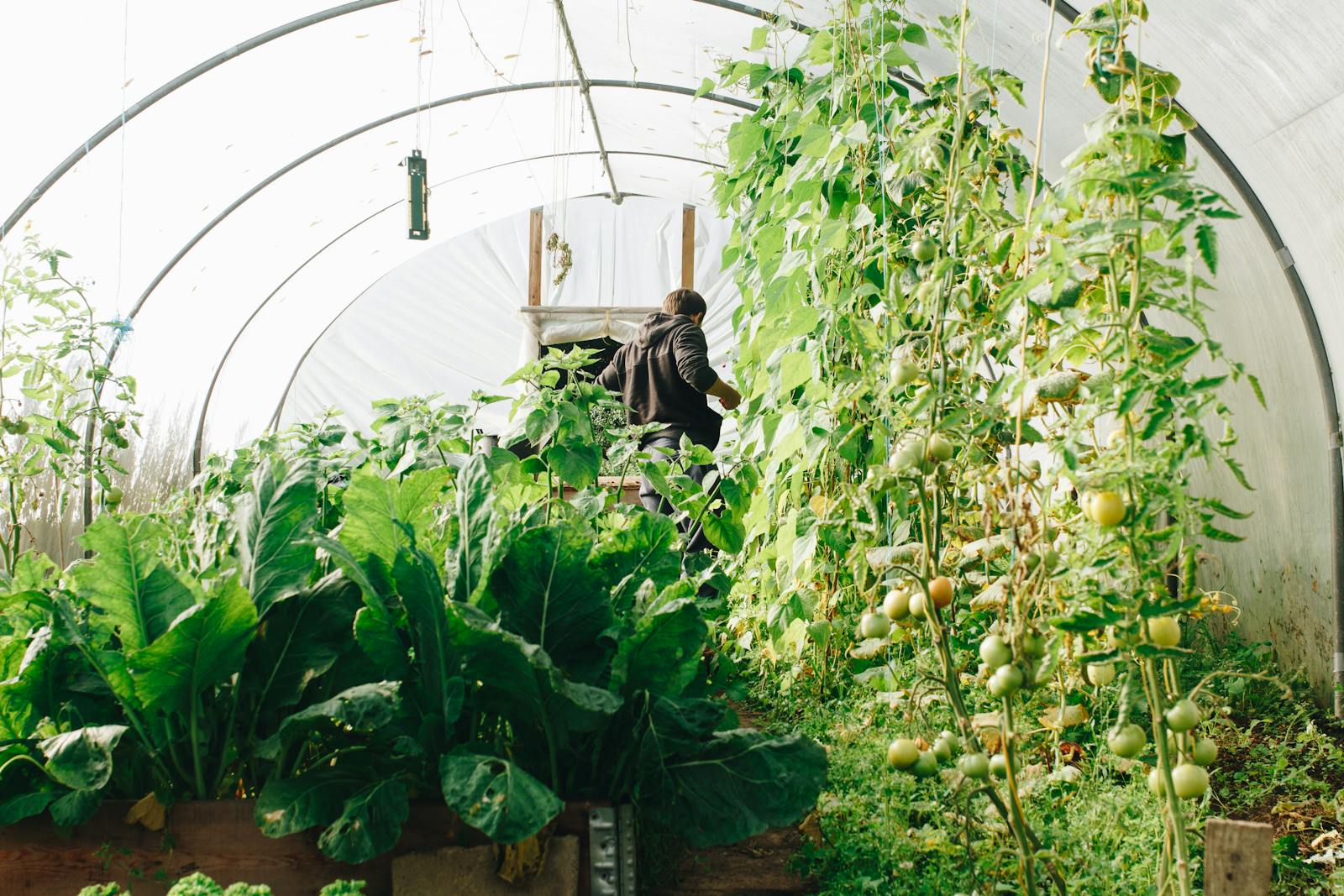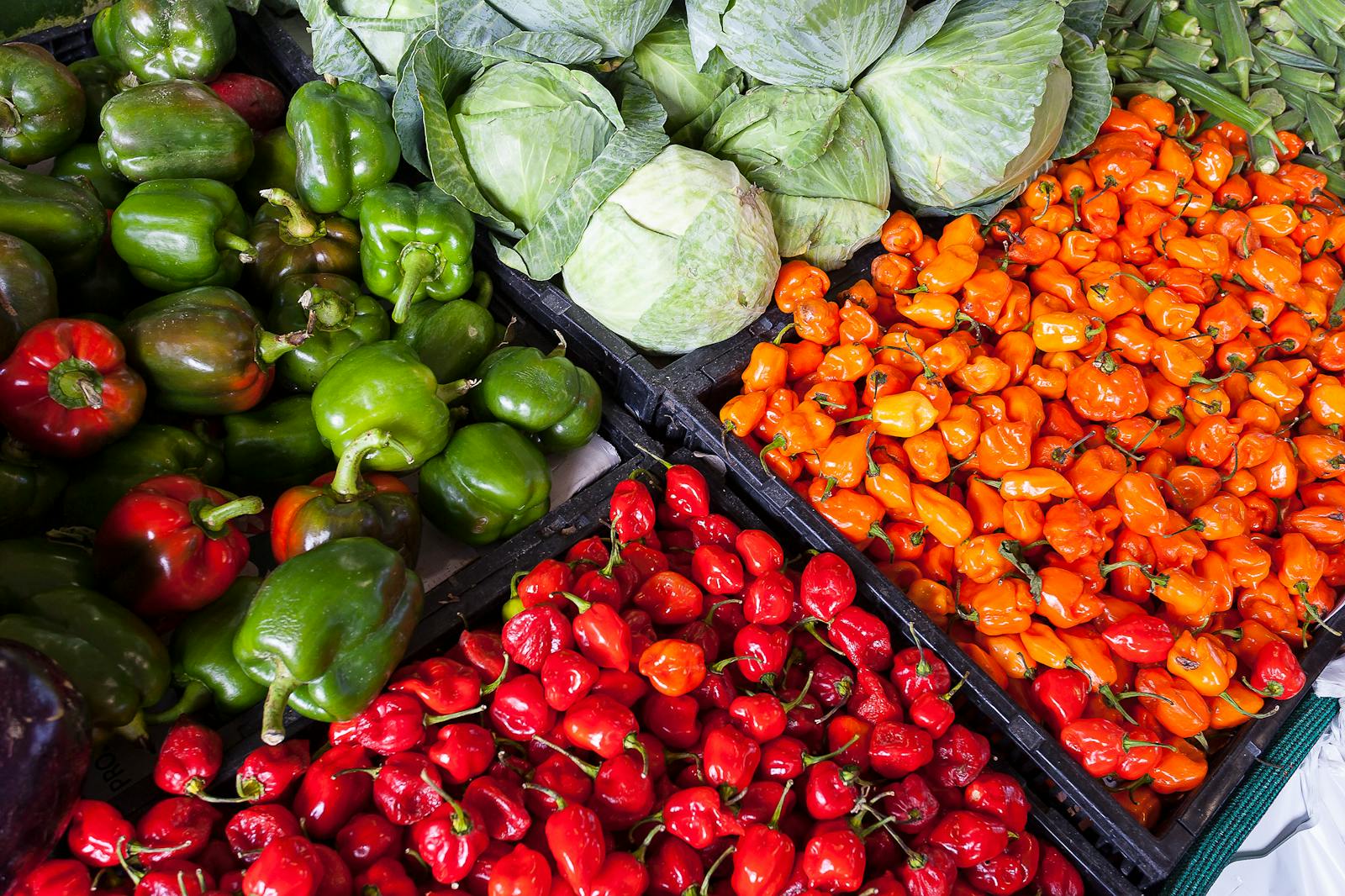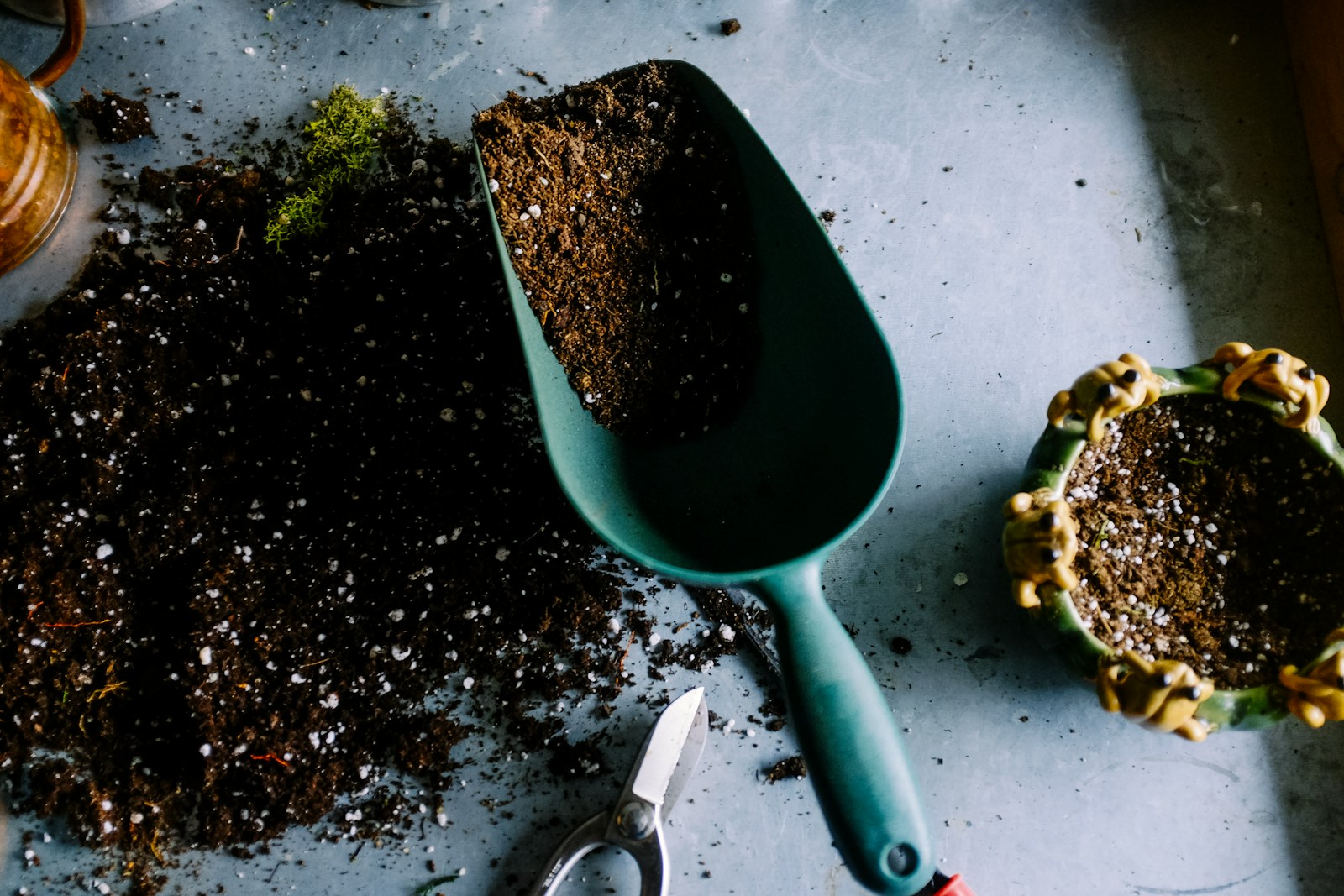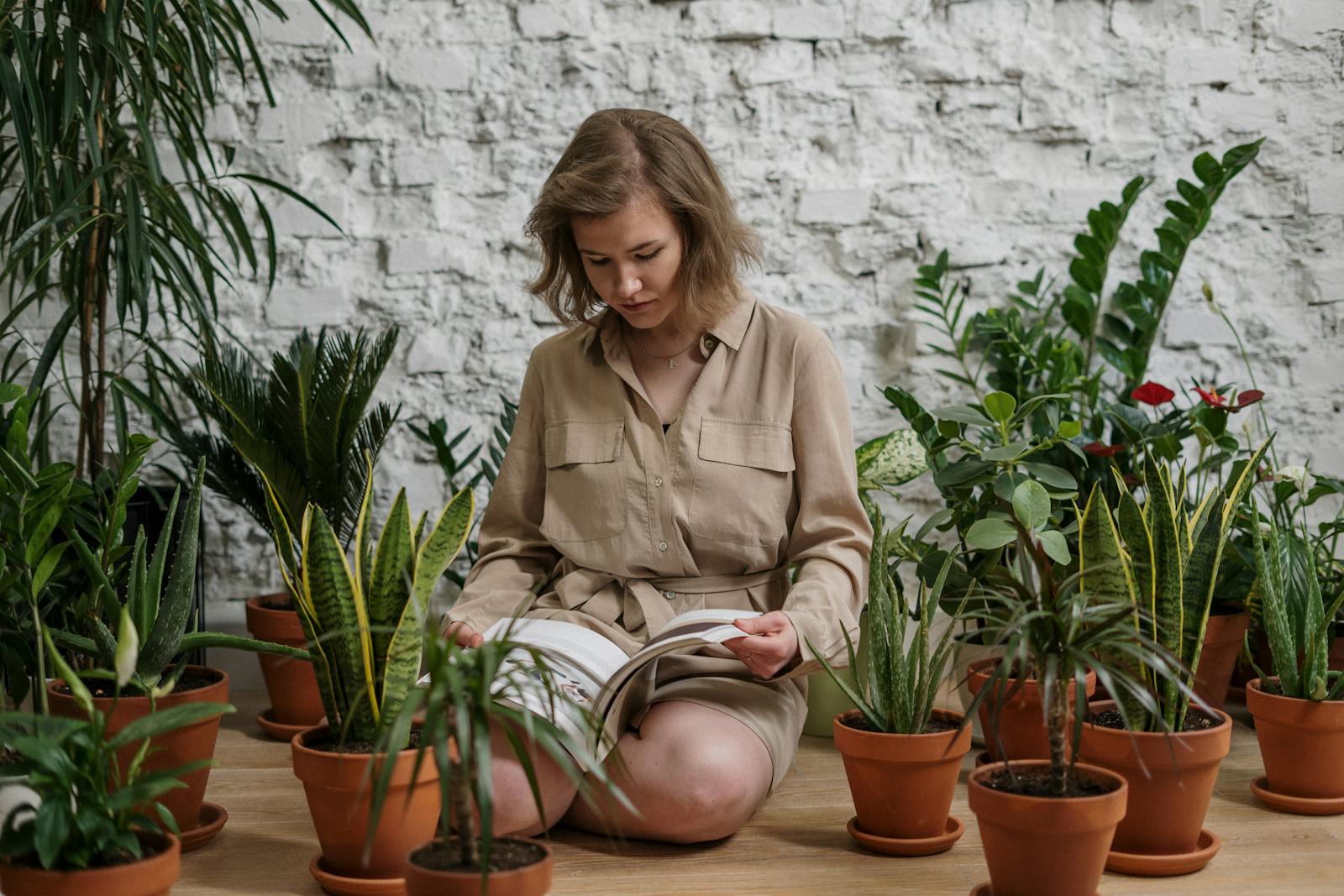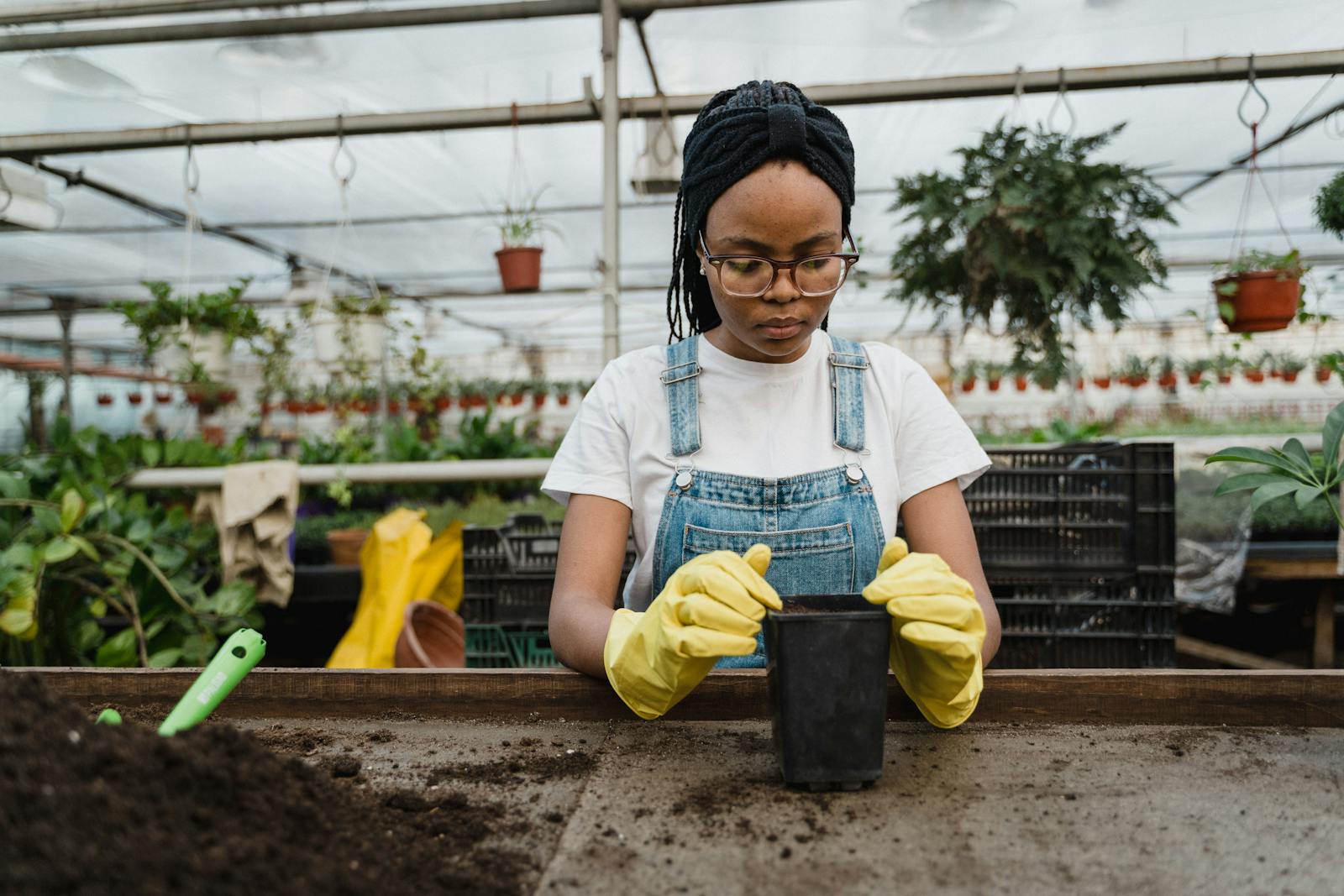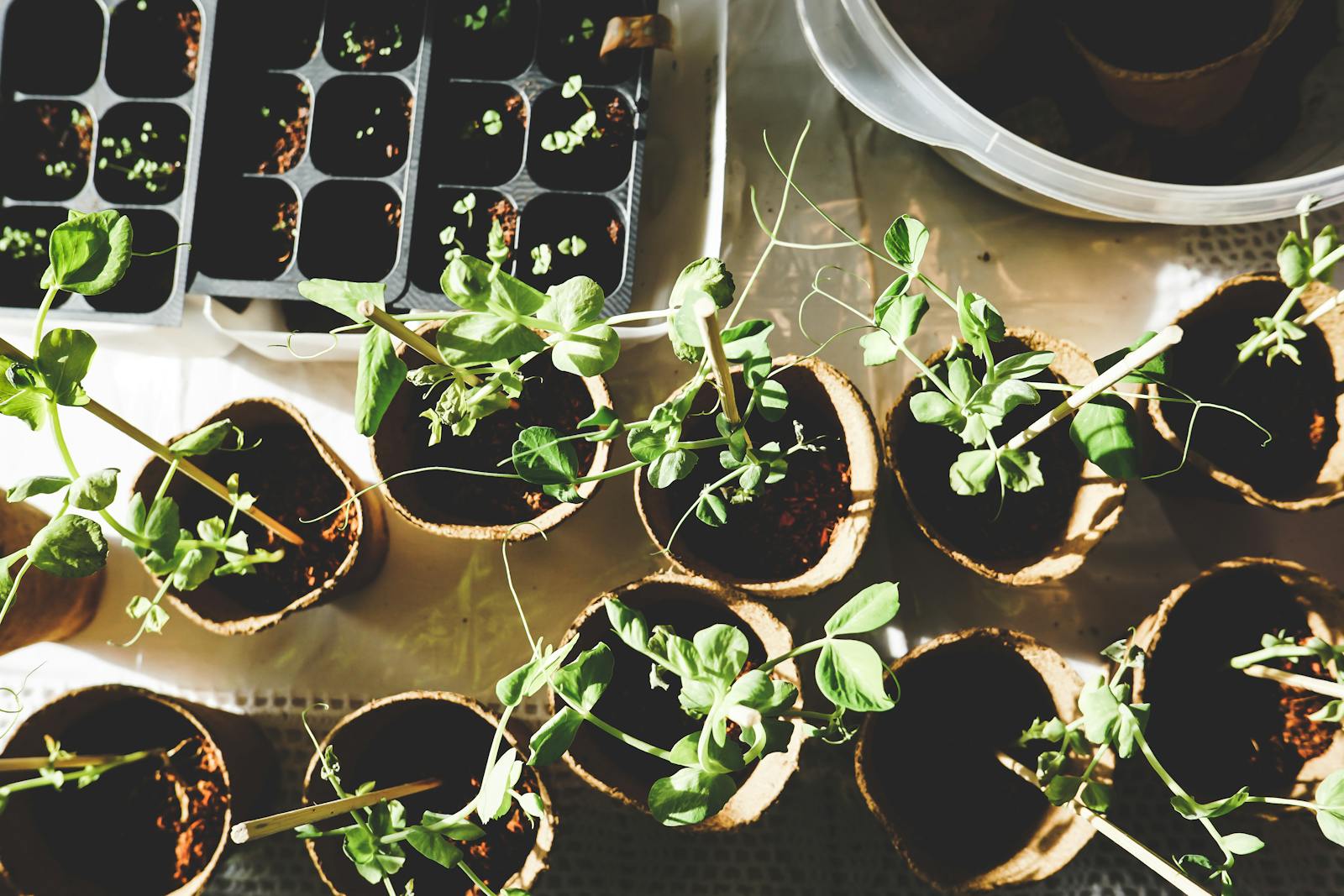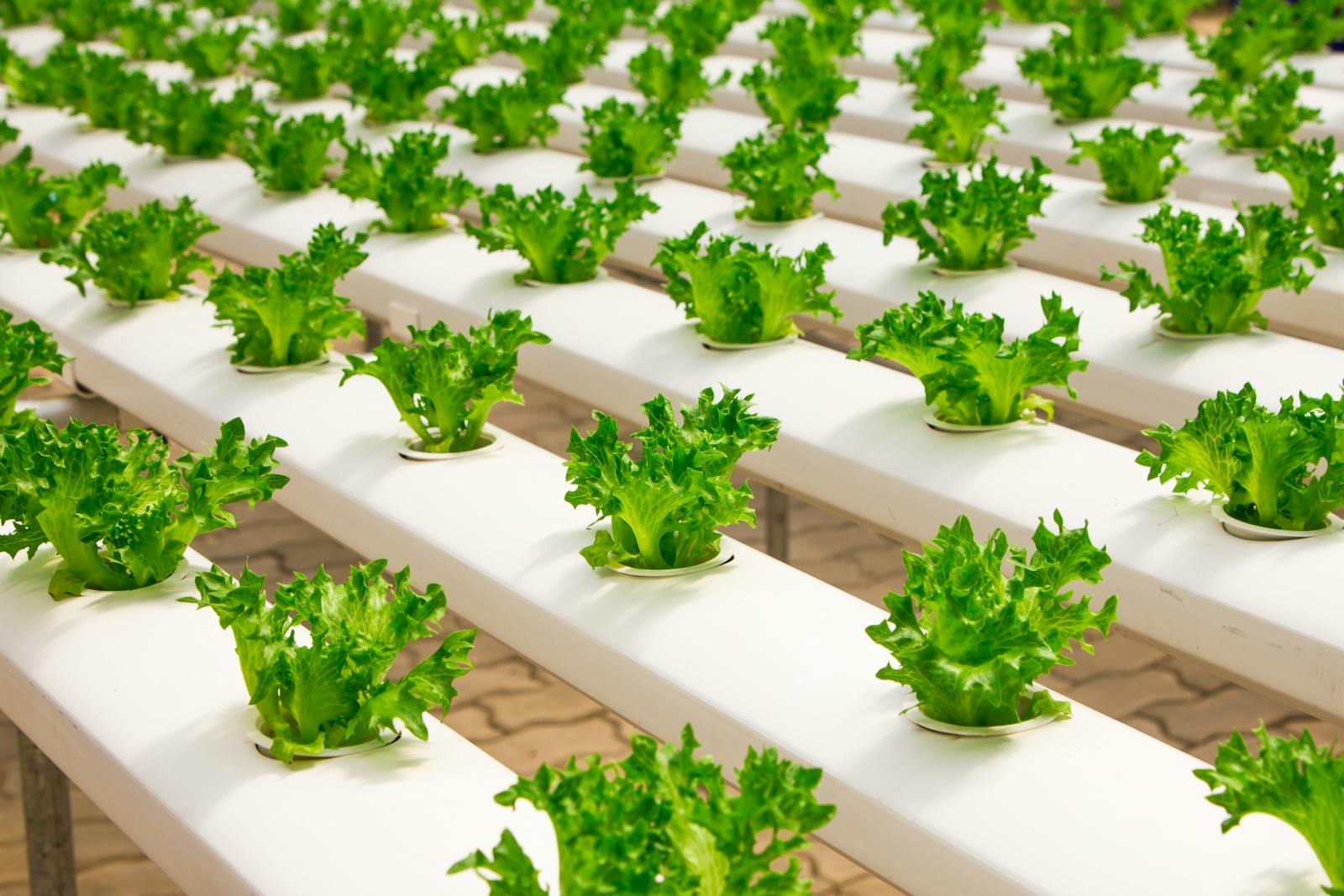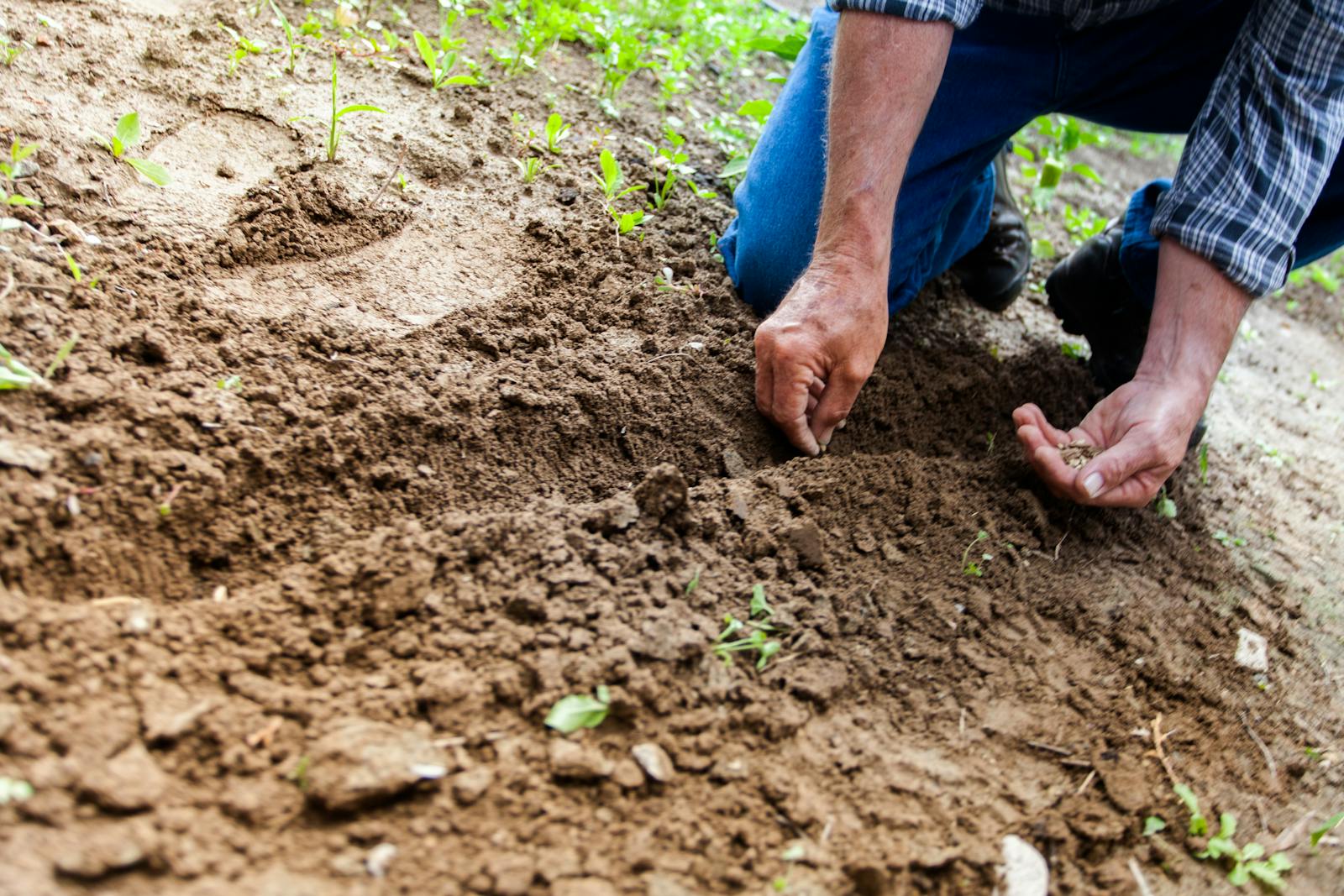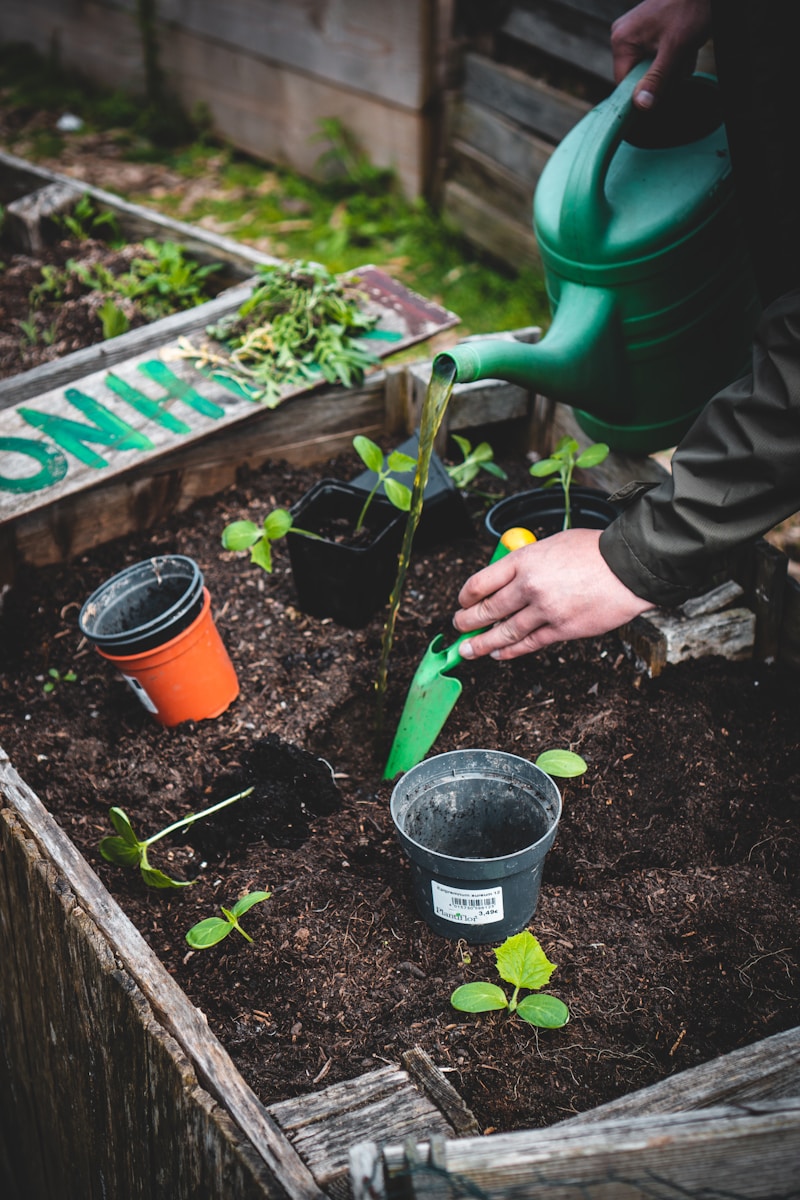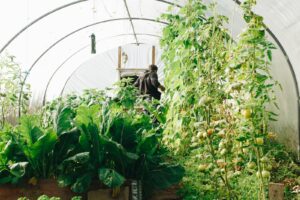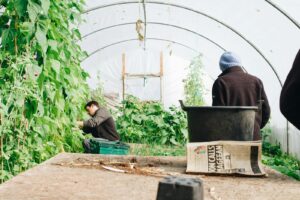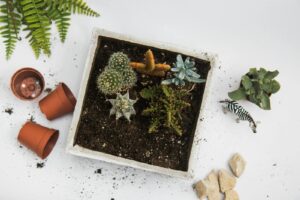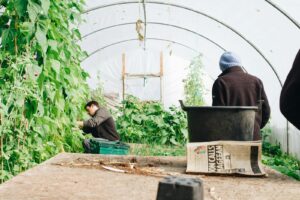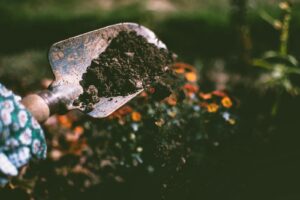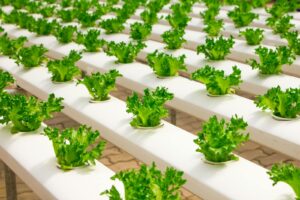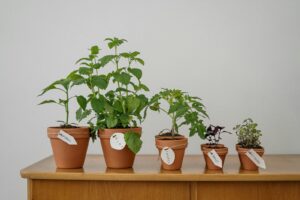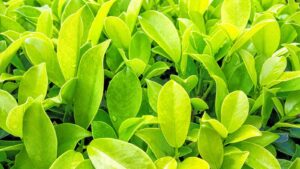Introduction
Home gardening is a fulfilling and rewarding hobby that provides numerous benefits, from the satisfaction of growing your own food to the positive impact on the environment. Whether you’re a novice or an experienced gardener, having access to the right resources is crucial to cultivating a successful garden. In this post, we’ll explore some of the best resources available for home gardeners, covering tools, materials, educational websites, and tips for making your gardening journey easier and more enjoyable.
1. Gardening Tools and Equipment
Having the right tools can make all the difference when it comes to gardening. While you don’t need to invest in a whole set of expensive equipment, a few essential tools will help you tend to your garden with ease:
- Hand Trowel: Perfect for digging small holes, planting, and mixing soil.
- Pruning Shears: Ideal for trimming dead leaves and branches, keeping plants healthy and well-maintained.
- Watering Can or Hose: Proper watering is crucial, so having a good watering system ensures your plants get enough moisture.
- Gardening Gloves: Protect your hands from soil, chemicals, and thorny plants with a durable pair of gloves.
- Garden Fork: Useful for aerating soil, turning compost, and breaking up hard ground.
Investing in high-quality tools will save you time and effort while improving your overall gardening experience.
2. Soil Resources for Home Gardens
Soil is the foundation of any garden, and understanding how to improve and maintain its health is essential. Here are some ways to enhance the soil in your garden:
- Compost: Composting organic materials like kitchen scraps, yard waste, and grass clippings is an effective way to enrich your soil. It provides essential nutrients, improves drainage, and helps retain moisture.
- Soil Amendments: Products like composted manure, peat moss, and perlite can help improve soil texture, fertility, and drainage. Make sure to choose amendments that are appropriate for your specific soil type.
- pH Testing Kits: Soil pH plays a crucial role in plant health. A pH test kit will help you determine whether your soil is too acidic or too alkaline, so you can make the necessary adjustments.
3. Online Gardening Communities and Blogs
Joining an online gardening community or reading gardening blogs can provide you with valuable advice, inspiration, and support. Some popular online resources include:
- Reddit Gardening Communities: Subreddits like r/gardening and r/vegetablegardening offer a space for gardeners of all skill levels to share tips, ask questions, and offer advice.
- Gardening Forums: Websites like GardenWeb and The Gardening Forum are great places to connect with other gardeners, learn new techniques, and exchange ideas.
- Gardening Blogs: There are numerous gardening blogs that offer a wealth of information on topics such as organic gardening, seasonal gardening tips, pest control, and plant care. Some top gardening blogs include Epic Gardening, The Spruce Gardening, and Gardenista.
These communities and blogs are an excellent way to stay updated on gardening trends, get answers to your gardening questions, and find inspiration for your next project.
4. Local Gardening Stores and Nurseries
One of the best ways to support your local gardening community is by shopping at local garden centers and nurseries. These stores offer a variety of plants, seeds, tools, and soil amendments, and their staff can provide expert advice tailored to your specific region. Visiting a local nursery gives you access to plants that are well-suited to your local climate, ensuring better growth and less maintenance.
Many local gardening stores also offer classes, workshops, and events on topics like composting, organic gardening, and container gardening. This hands-on learning can help you improve your skills and gain confidence as a gardener.
5. Gardening Apps
Technology has made it easier than ever to garden effectively. There are several apps designed specifically for gardeners that can help you track your progress, identify plants, and keep your garden organized. Some top gardening apps include:
- PlantNet: A plant identification app that allows you to take a photo of a plant and get instant information about it.
- Garden Planner: This app helps you plan your garden layout by showing you how to arrange plants based on their size, sunlight requirements, and growth patterns.
- GrowIt!: A community-based app where gardeners can share photos and tips about plants, helping you find out what works best in your area.
These apps provide invaluable support, whether you need advice on planting times or help with diagnosing plant diseases.
6. Educational Resources and Books
For those who prefer learning through books, there are many great gardening guides available that cover a wide range of topics. Here are a few essential gardening books to add to your collection:
- “The Vegetable Gardener’s Bible” by Edward C. Smith: A comprehensive guide that covers everything from soil preparation to pest management, perfect for beginner and experienced gardeners alike.
- “The New Organic Grower” by Eliot Coleman: This book is a great resource for those interested in organic gardening and provides detailed instructions on growing food sustainably.
- “The Flower Gardener’s Bible” by Lewis and Nancy Hill: A fantastic resource for gardeners interested in growing flowers, with tips on plant care, arranging, and choosing the best flowers for different climates.
These books can serve as invaluable references throughout your gardening journey, helping you improve your skills and knowledge.
7. Sustainable and Eco-Friendly Gardening Resources
More gardeners are turning to sustainable practices to minimize their impact on the environment. Sustainable gardening focuses on using organic methods, conserving water, and reducing waste. Some key resources for sustainable gardening include:
- Rain Barrels: Collecting rainwater to irrigate your garden is a great way to conserve water and save money on your water bill.
- Organic Pest Control: Instead of using chemical pesticides, opt for natural remedies such as neem oil, diatomaceous earth, and beneficial insects to manage pests in your garden.
- Composting: Composting organic waste not only reduces landfill waste but also provides nutrient-rich material to improve your soil.
There are plenty of online resources, such as The Sustainable Gardening Network and Rodale Institute, that offer information on eco-friendly gardening practices.
Conclusion
Gardening is an enjoyable and fulfilling activity, but it can be challenging without the right resources. By utilizing gardening tools, soil amendments, online communities, local nurseries, and educational books, you can set yourself up for success. Whether you’re a beginner or an experienced gardener, these resources will help you navigate the world of home gardening with confidence, allowing you to grow a thriving garden that brings beauty, sustainability, and fresh produce into your life.
